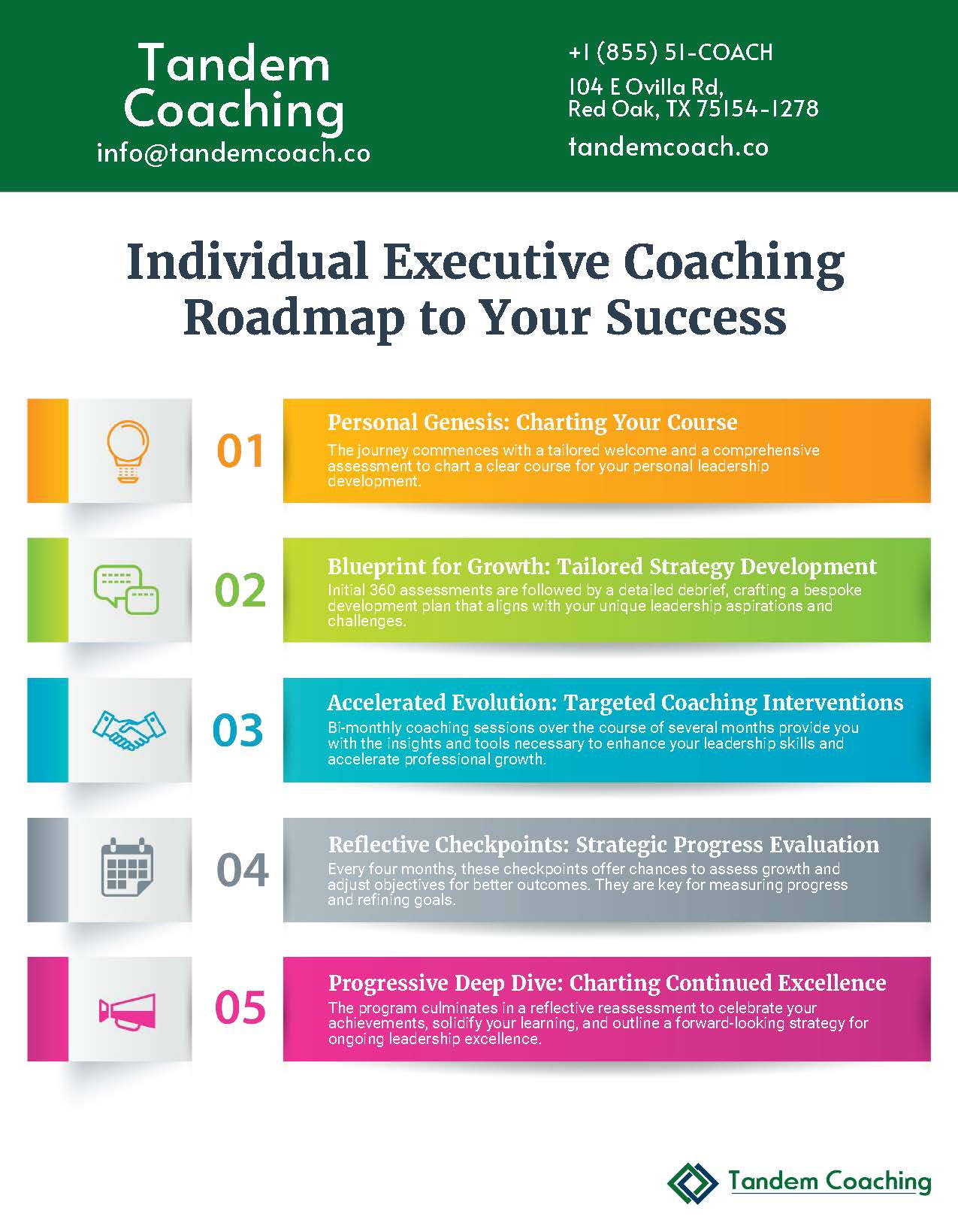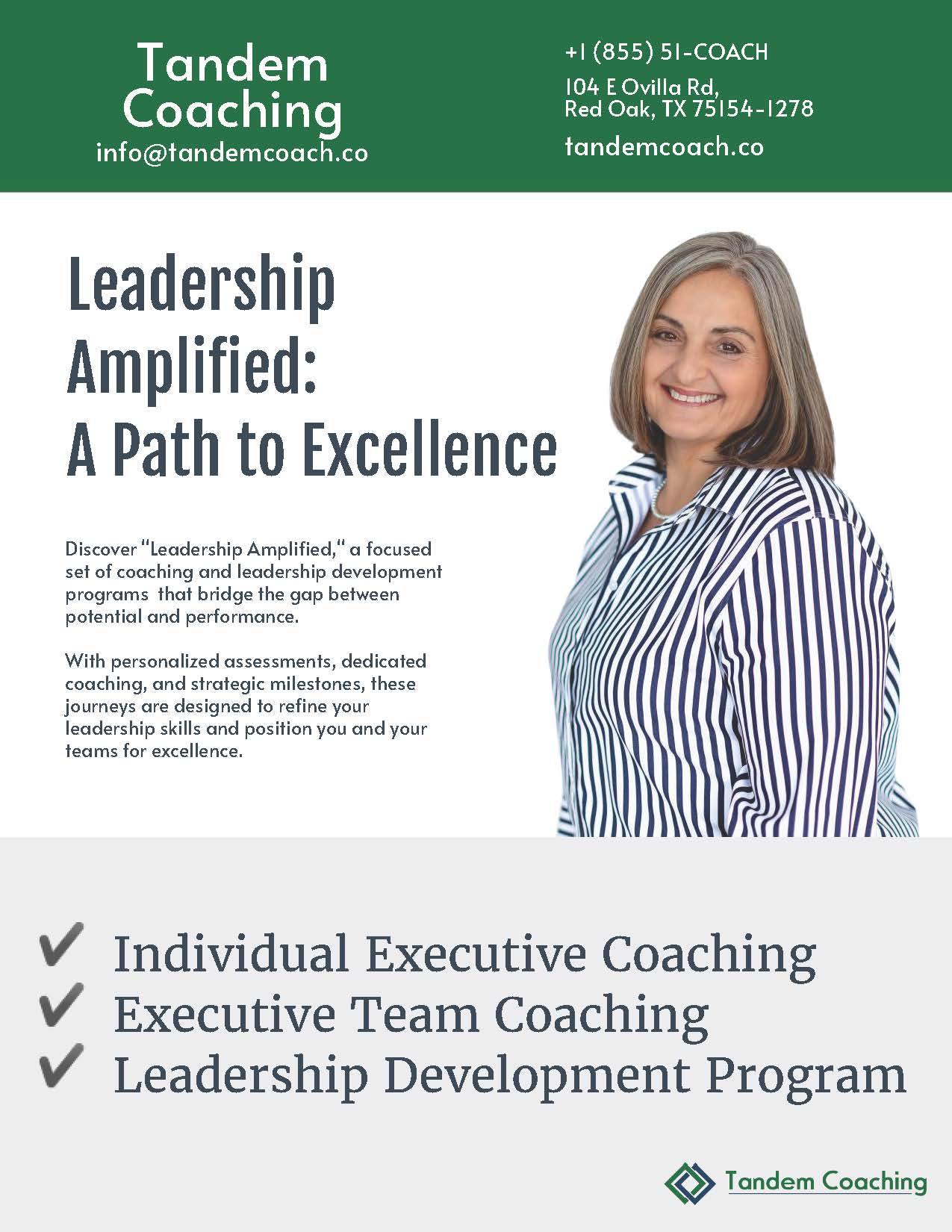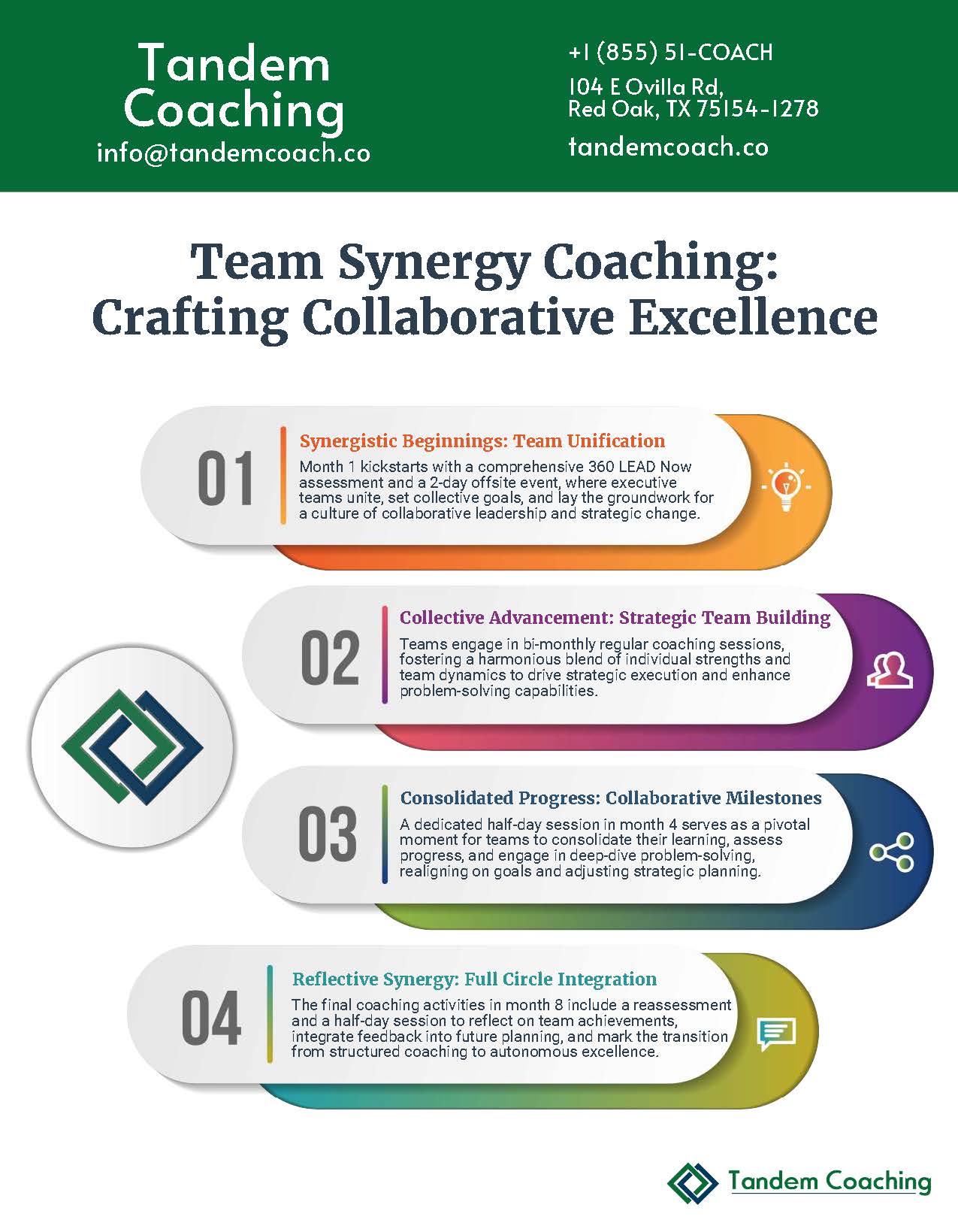Achieving the Master Certified Coach (MCC) credential is more than just a badge of honor—it’s a mark of mastery in the coaching profession. If you’re ready to solidify your place among the best in the industry, this certification is the ultimate recognition of your expertise and commitment to excellence. Earning the MCC credential not only elevates your professional standing but also deepens your impact as a coach.
In this guide, we’ll break down everything you need to know about the ICF MCC requirements, including eligibility, the application, and how it compares to the ACC and PCC credentials.
Let’s dive in.
What is ICF MCC?
To achieve MCC status, coaches must have a significant amount of hands-on experience, often working with a wide range of clients and industries. This experience allows MCC coaches to deeply understand client challenges and facilitate transformative outcomes.
An MCC coach is expected to move beyond standard coaching approaches, bringing an intuitive and highly adaptive style to their sessions. They demonstrate mastery in areas like active listening, powerful questioning, and fostering client self-discovery, helping clients make meaningful, lasting changes.
Furthermore, MCC credential holders are recognized for their thorough knowledge of ICF core competencies and the ICF code of ethics. They adhere to the highest ethical standards and integrate these into their practice, ensuring they guide their clients with integrity and professionalism.
Coaches at this level are not just focused on short-term goals but are skilled in helping clients create profound shifts that align with their long-term vision and values.

Difference Between MCC, PCC, and ACC Credentials
Before diving into the specific requirements of the MCC, it’s important to understand how it differs from the other ICF certifications: ACC and PCC. Each credential level requires progressively more coaching experience and training, with the MCC representing the highest level of proficiency.
Note: While you can skip the ACC and go straight into the PCC credentialing if you have the required experience, holding (or having held) the PCC credential is a prerequisite for the MCC credential.
| Aspects | MCC (Master Certified Coach) | PCC (Professional Certified Coach) | ACC (Associate Certified Coach) |
| Minimum Coaching Experience | 2,500+ hours of client coaching experience | 500+ hours of client coaching experience | 100+ hours of client coaching experience |
| Required Training Hours | 200+ hours of ICF-approved training | 125+ hours of ICF-approved training | 60+ hours of ICF-approved training |
| Mentor Coach | Needs to hold an MCC credential | Needs to hold at least a PCC credential | Needs to hold at least an ACC credential with at least one renewal |
| Focus | Mastery of coaching techniques and ethics | Strong proficiency in coaching skills | Demonstration of foundational coaching skills |
Are you ready to start your credentialing journey? Contact us now to get going!
Benefits of Earning an ICF MCC Credential
Earning the MCC credential comes with several important benefits:
- Credibility: The MCC certification demonstrates the highest level of coaching expertise and professionalism.
- Expanded Opportunities: Coaches with an MCC credential often have access to higher-paying opportunities and are sought after by high-level clients and organizations.
- Networking: Becoming an MCC provides you access to a global community of master coaches, which can open doors for collaborations and continued learning.
- Professional Growth: The rigorous process required to earn the MCC credential challenges you to develop your skills and knowledge continuously.

Detailed ICF MCC Requirements Overview
Here’s an overview of all the requirements you have to meet to earn your MCC credential:
Coaching Experience Requirements
To be eligible for the MCC credential, you must have completed at least 2,500 hours of coaching experience. Of these:
- At least 2,250 hours must be paid client coaching hours.
- Coaching experience should be across a variety of clients, and at least 35 clients must be included in your total hours.
The ICF requires these hours to be completed after the start of your coach-specific training, meaning that you can only submit hours you coached after completing your very first coach-specific training course. See the ICF experience requirements for more details on which training programs are eligible.
You also have to currently hold (or have held in the past) an ICF PCC credential.
Required Training and Education
In addition to coaching experience, you must complete:
- Training: 200 hours of coach-specific training. This training must meet the ICF’s standards for coach-specific education and cover the ICF’s core competencies, coaching ethics, and definition of coaching.
- Mentor Coaching: You must also complete 10 hours of mentor coaching over a minimum of three months by an MCC-level mentor coach. At least three of those hours have to be one-on-one. The remaining seven can be group sessions or one-on-one sessions.
Note: Mentor coaching from previous credentials cannot be used here.
Performance Evaluation Requirements
To evaluate your performance as a coach, you have to:
- Submit two recorded coaching sessions and their transcripts for review. These coaching sessions must be conducted with a client who hired you as a coach, each 20-60 minutes long.
- Pass the ICF credentialing exam.
Financial Investment Required
The cost to earn your MCC credential includes a combination of training, mentor coaching, and application fees. Here’s a rough breakdown:
- Training Fees: Costs vary depending on the training provider, but expect to invest several thousand dollars for advanced coach-specific programs. Remember that while non-ICF-accredited programs might be cheaper, the application process can become longer and more expensive when they are used.
- Mentor Coaching: Prices range from $1,000 to $5,000 for the required 10 hours with an MCC-level mentor coach.
- ICF MCC Exam Fee: The application fee for the MCC exam is around $675 for ICF members and $825 for non-members.
While the financial investment may seem substantial, the long-term benefits of achieving the MCC credential often outweigh these costs.
Not sure which ICF credential is the best fit for you? Book a free consultation to learn more.

How to Apply for MCC Certification
The MCC application process is straightforward but requires careful documentation of your coaching experience and training. Here’s a step-by-step guide to applying:
- Gather Documentation: Ensure you have detailed records of your training hours, client coaching experience, mentor coaching hours, and PCC credentials.
- Complete the Application: Submit your application through the ICF website. Include all relevant documentation and pay the application fee.
- Submit Coaching Demos: As part of the MCC application, you must submit two coaching session recordings and transcripts. An ICF assessor will evaluate these to ensure your coaching meets MCC standards.
- Pass the ICF Credentialing Exam: Once your application is approved, you’ll be invited to take the ICF credentialing exam.

How to Maintain Your ICF MCC Credential
Every three years, MCC coaches must renew their certification by completing Continuing Coach Education (CCE) credits. This ensures you stay updated on coaching best practices, ethics, and core competencies.
MCC Renewal Requirements
To renew your MCC credential, you’ll need to submit an online application along with documentation that proves you’ve met the following requirements:
- 40 Hours of Continuing Coach Education (CCE): You must complete at least 40 hours of CCE credits in the three years since earning your MCC or your last renewal.
- Core Competencies (24 hours minimum): At least 24 of these hours must focus on the ICF’s core competencies.
- Ethics Training (3 hours minimum): Of the 24 core competency hours, 3 must be specifically dedicated to coaching ethics. You can easily fulfill this requirement by completing ICF’s free online ethics course.
- Remaining Hours (16 hours): The other 16 hours can be focused on either core competencies or resource development, such as personal development or business-building activities that support your coaching practice.
Additional Flexibility for CCE Credits
ICF provides flexibility for how you earn your core competency credits. You can use up to 10 hours of mentor coaching (either giving or receiving) and up to 10 hours of coaching supervision toward your 40 CCEs.

Common Obstacles in the ICF MCC Certification Process
Here are a few common challenges candidates face when pursuing the MCC credential:
- Accumulating Coaching Hours: With 2,500 required hours, it can take time to build enough experience, particularly the paid hours.
- Performance Evaluation: At the MCC level, you are required to demonstrate master-level coaching skills through the two recorded and transcribed sessions you submit for review. Some candidates struggle to meet the high standards expected by ICF assessors.
- Cost of Training and Mentorship: The financial investment for the many hours of training and mentor coaching can be substantial. However, proper planning and budgeting can help manage these costs.

Frequently Asked Questions (FAQs)
Here are some questions we frequently get about MCC requirements:
How Long Does It Take to Obtain ICF MCC Certification?
The time it takes to earn the MCC credential varies depending on how long it takes you to accumulate the required coaching hours. It can take anywhere from 5 to 10 years of coaching experience to reach the 2,500-hour threshold, especially as 90% of those hours have to be paid sessions.
Can I Apply for ICF MCC Certification if I Have a Different Coaching Certification?
Yes, but you need to acquire the PCC certification first. Then, you will still need to prove that you have completed the necessary number of coaching and training hours for your MCC credential and passed the ICF exam. There is no guarantee that the ICF will accept your previous coaching education, but you can always submit it for review.
How Often Do I Need to Renew My ICF MCC Certification?
MCC credential holders must renew their certification every three years by submitting 40 hours of Continuing Coach Education (CCE) credits. See the renewal section above for more details.
What is the Format of the ICF MCC Exam?
The ICF credentialing exam has the same format at all levels. It always consists of 78 situational judgment items, which test your ability to apply the ICF core competencies, code of ethics, and definition of coaching in a practical context.
How Do I Choose an Accredited Training Program for MCC Certification?
It makes your credentialing journey easier to go through an ICF-accredited training program, preferably a level 3 program that helps you fulfill the mentor coaching and training requirements. Since you already need to hold a PCC credential to apply for MCC, you could reach out to the institute where you trained for your PCC and see whether they can help you advance further.
Conclusion
Earning the ICF MCC credential is a significant achievement that showcases your mastery of coaching skills and professional dedication. While the journey to MCC certification requires a substantial investment of time, effort, and resources, the rewards—both personally and professionally—are well worth it.
By carefully following the outlined steps, maintaining focus, and using effective preparation strategies, you can confidently pursue and achieve your MCC certification.
Need an MCC-level mentor coach? Reach out to us for more details on how we can help!



Boost Your Leadership Team Success!
Take your leadership team to the next level and achieve great results with our executive coaching.
Learn how our coaching and ASPIRE method can change things for you—get a free brochure to begin your journey.
About the Author
Cherie Silas, MCC
She has over 20 years of experience as a corporate leader and uses that background to partner with business executives and their leadership teams to identify and solve their most challenging people, process, and business problems in measurable ways.















